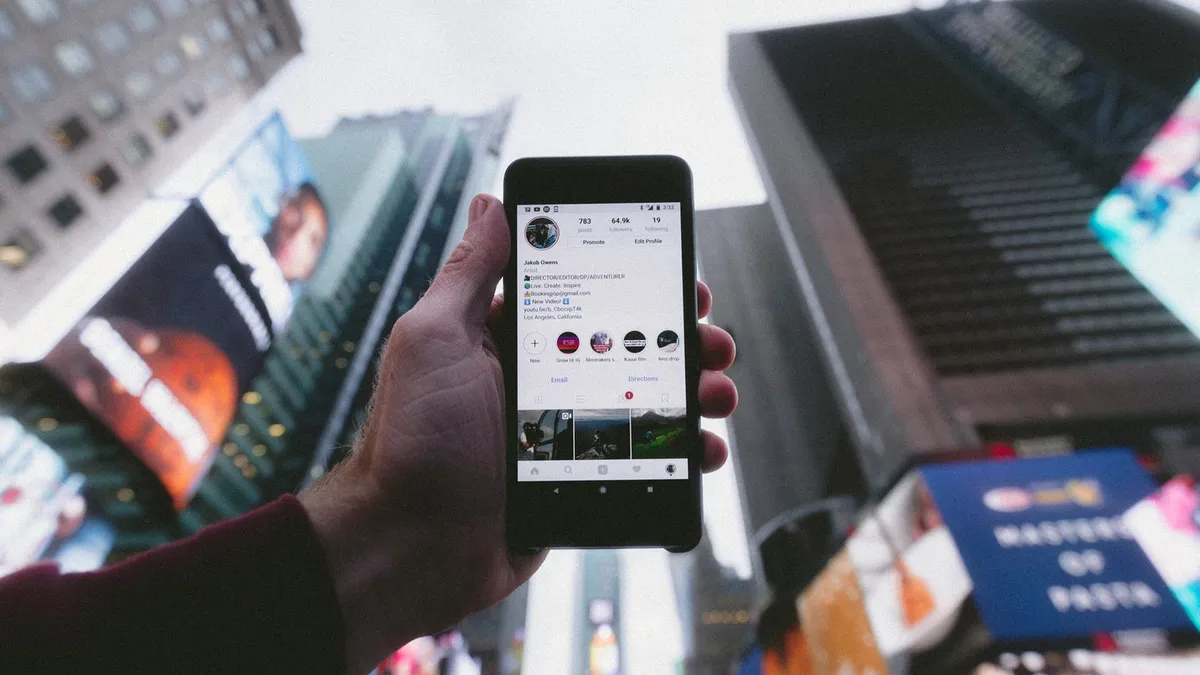Dive Brief:
-
Under pressure from employees and customers, businesses are turning attention toward ethical design and the impact of products and services. "Businesses are beginning to take much more seriously the need to be responsible," said Mark Curtis, chief client officer at Accenture and co-founder of design consultancy Fjord.
-
Product design is a large part of the responsibility conversation, and it is "is not going to go away," said Curtis, in an interview with CIO Dive. People are asking difficult questions about the development of technology and its social consequences. Plenty of people are "happily addicted to their phones," but the tech industry has woken itself up.
-
As people work to "disconnect, unsubscribe and opt out," more companies will shift product design to meet the "holistic needs" of customers, according to Fjord's 2019 trends. If users are not interacting with a product, it is a hint for "quieter, not noisier" design. Streamlining applications and products will require companies to shift metrics away from pure engagement.
Dive Insight:
The "New Year, new you" push at the start of 2019 and spring cleaning awareness left users searching for a digital detox. Prescribed challenges dictated how to break up with a phone and new iOS versions let users monitor Screen Time.
The conversation around addictive products centers on mobile phones, where companies are offering apps direct to consumers that can reward engagement.
Changes to user engagement, however, are in stark contrast to corporate goals. Companies measure success by engagement, and gamifying solutions increases a product's usage. The "how often," not "why," a user engages with a product is prioritized.
Enter designers. Employees at leading firms are calling for ethical products and services and designers take their role with devices, and their addictability, very seriously, said Curtis.
Fjord has more than 1,000 design experts at studios around the world and "our job is to try and understand the needs, desires, wants and best outcomes for humans," Curtis said. "We definitely are now beginning to say to our clients, look, we can't go on creating having as a focal point how many times a day can I get people to come and use this app."
Last year, companies went past a tipping point and clients are much less likely to focus on the number of times a user engages. If they did, the design cohort would work to reframe hoped for outcomes to a more "appropriate goal," said Curtis.
Companies are aware of social impact and want to focus on purpose, with ethics weaving through products. The conversations hit home when companies are asked where they plan to get their future employees from.
"Most companies, certainly for leadership, want to hire the best and brightest graduates they can get their hands on," especially with the ongoing war for talent, Curtis said. "Where are you going to get the talent from if your company is doing bad stuff?














